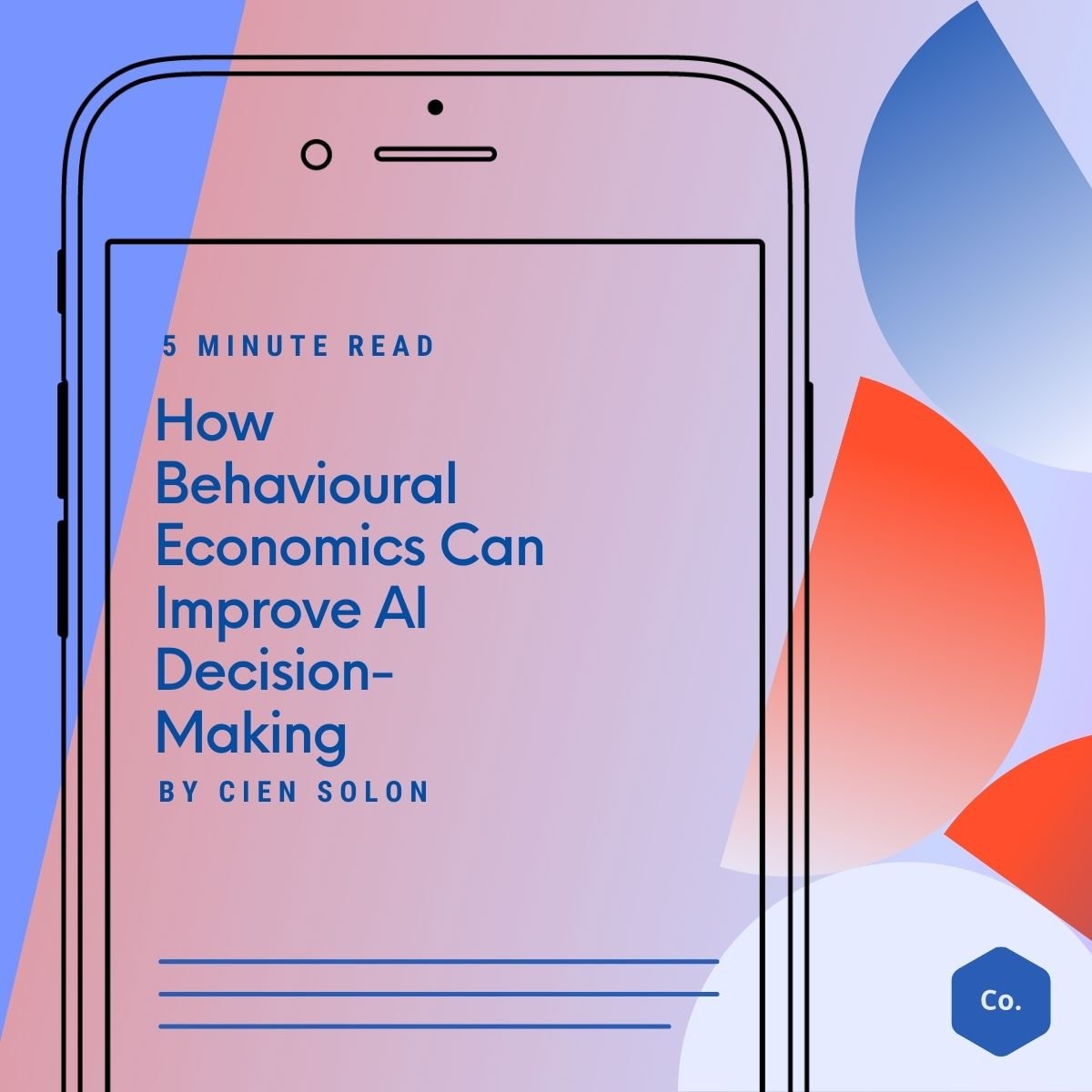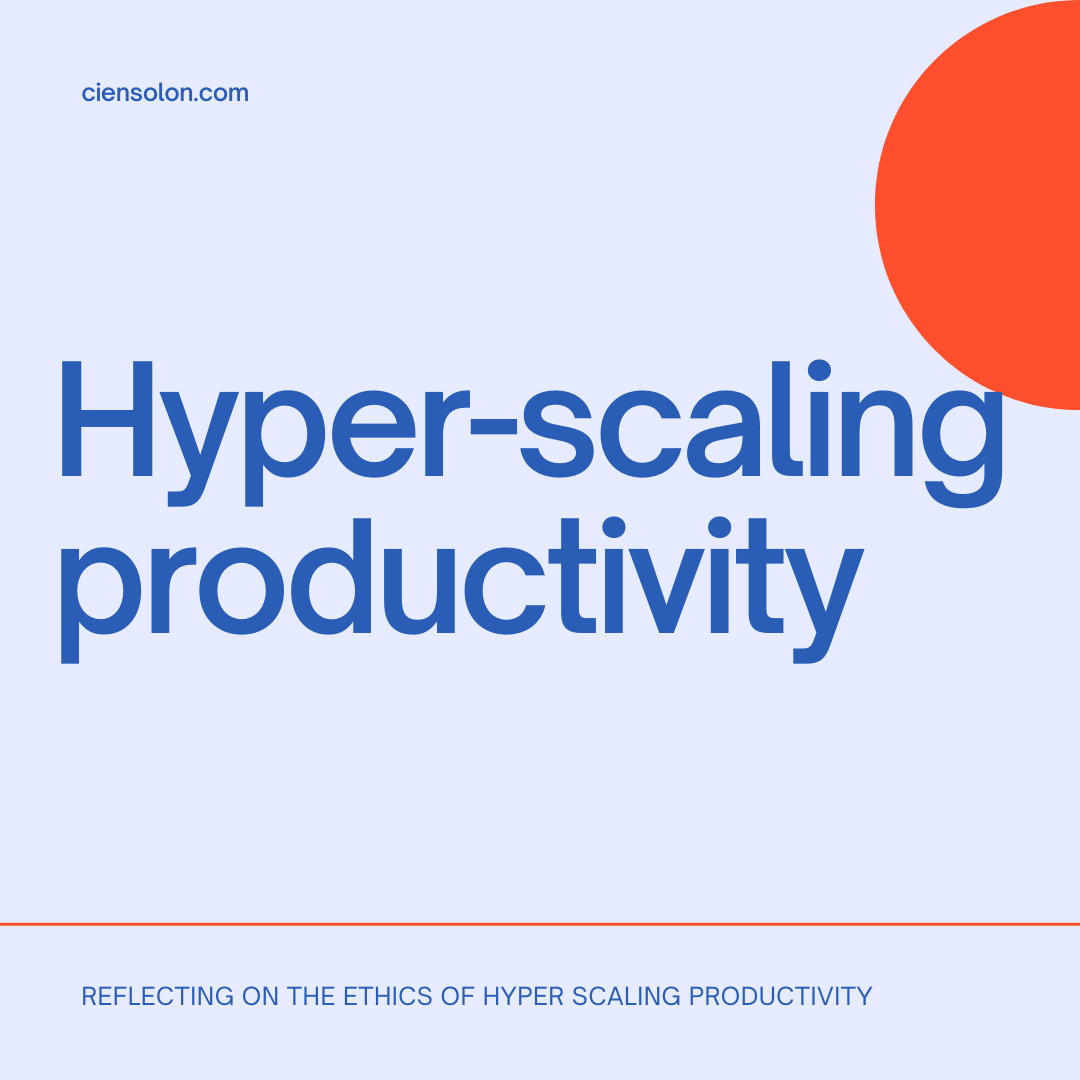AI, Data Privacy, and the Future of Business
The way we search, build businesses, and protect data is evolving fast. AI is rewiring how we work, innovate, and make decisions. If you’re navigating this shift, you need more than just surface-level insights. You need actionable strategies that keep you ahead.
This blog is designed for founders, marketers, and business leaders who want to understand AI, implement it effectively, and stay competitive in an AI-driven world.
Does AI Actually Rank Content?
Traditional SEO relied on clear ranking signals through keywords, backlinks, and technical tweaks. But AI-driven search engines don’t rank results in blue links anymore, rather, they generate answers. Instead of listing pages in order, AI models pull from structured data, authoritative citations, and entity relationships to generate responses.
Why Data Privacy Is A Lie We Tell Ourselves
We like to believe that toggling a few settings on our phones, using incognito mode, or rejecting cookies keeps us safe. It doesn’t.
The Future of Work is Entrepreneurship
AI is already changing jobs and WEF have predicted that 39% of jobs are going to become obsolete. AI is already eliminating entire fields of work. From customer support to financial analysis, legal research to software development, AI-powered systems are replacing human workers at an unprecedented scale.
The Death of SEO
This isn’t a glimpse into the future. This is happening right now. And it signals a fundamental shift that's bigger than most realize: the obliteration of traditional SEO as we know it.
A New Economic Divide Will Emerge
The urgency here cannot be overstated. Unlike previous technological shifts, AI adoption is advancing at an exponential rate. This creates an ever-widening gap between adopters and non-adopters. Early adopters are embedding AI into their workflows and compounding their advantages, while those who delay risk falling into a cycle of perpetual lag.
People Will Buy More From People (But AI Will Get Alarmingly Good at Mimicking Them)
People Will Buy More From People (But AI Will Get Alarmingly Good at Mimicking Them)
They trust what feels genuine, relatable, and human. In a world where AI can streamline almost every task, it’s the authenticity of personal connection that remains irreplaceable. But AI Isn’t Staying Behind the Curtain
How To Keep Your Algos Fresh
Algorithms like ChatGPT may seem magical, but there’s no wand-waving involved—just careful training, regular updates, and lots of fine-tuning. This process keeps algorithms relevant, whether they’re recommending your next binge-worthy show or powering tools that make your work easier.
Mind The Gap: The Growing Disparity In AI Adoption
AI adoption is not just a technological challenge—it’s a societal one. The technology is still in its formative years, and how we encourage its uptake will determine whether it becomes a force for inclusion or division
How to choose the right LLM
Model routing is all about directing specific tasks to the most suitable LLM based on what the job requires. The benefits are real—optimising costs, speeding up response times, and getting better overall results. Think of it like having a well-stocked toolbox: instead of using an all-purpose tool that’s overkill for most tasks, you pick the perfect one for the job. It’s smarter, more efficient, and often a lot cheaper.
Are Blogs Still Relevant in the Age of AI?
In my years of creating blog sites for global brands, I've seen a shift in focus. It's no longer just about cramming in keywords for SEO. Today, it's about cultivating a distinct brand voice that your audience can relate to.
Balancing Hyper-personalisation And Consumer Choice
While hyperpersonalisation can be incredibly effective in delivering relevant experiences, there's a risk of crossing the line into pushiness.
Practical AI Implementation To Get You Started with AI in Your Marketing Strategy
If you follow these steps and stay curious, you'll be amazed at what AI can do for your business. And hey, before you know it, you might be the one giving AI advice to others!
Is your Marketing Strategy Obsolete? The Search Evolution
Is your marketing strategy keeping up with the AI? Discover how conversation-driven marketing is transforming the way brands connect with customers.
Navigating the Ethical Minefield in Democratised AI
I find myself torn between the desire for widespread accessibility and the pressing need for oversight. I want AI to be a tool that uplifts and empowers everyone, not just a select few.
Automation, AI and Preserving Human Connection
As AI continues advancing at light speed, finding that human-tech balance will be crucial. Automating smartly opens up breathing room to nurture our irreplaceable human connections
The Future Of Product Discovery is Generative AI
Given how much consumer behaviour is evolving, startups need to rethink their strategies too. Marketing tactics focused on search engines will now need to shift as people turn to conversational AI instead for discovering and researching products.
Mitigating Hallucinations in AI Systems
With thoughtful implementation, AI systems can provide useful information while minimising falsehoods. As users, we have an obligation to steer development in a direction that augments human knowledge rather than distorts it. If we build and deploy AI responsibly, it can empower people with greater wisdom and insight.
How Behavioural Economics Can Improve AI Decision-Making
Current AI models largely rely on algorithms and data, overlooking how “noisy” human behaviour can be. As Daniel Kahneman highlights in Thinking, Fast and Slow, we are prone to taking mental shortcuts and making instinctive gut reactions rather than purely logical choices. AI systems built without accounting for this can make recommendations that would seem bullish.
The Ethics of Hyper Scaling Productivity
when it comes to the job market, the impact of automation is more nuanced than it may first appear. As we increasingly lean into automated workflows, the nature of work is undeniably shifting. Job roles aren't just changing; some are disappearing altogether. For instance, data entry or basic customer query handling can now be effortlessly managed by AI. While this evolution might streamline operations and drive efficiency, it brings us face-to-face with the question of job displacement.
The Influencers Who Are Changing the Landscape with AI
The integration of AI among influencers is more than a trend; it's a major shift that has far-reaching implications. We must prepare for a future where AI shapes not just what products are offered, but also how we as a society consume them.




















